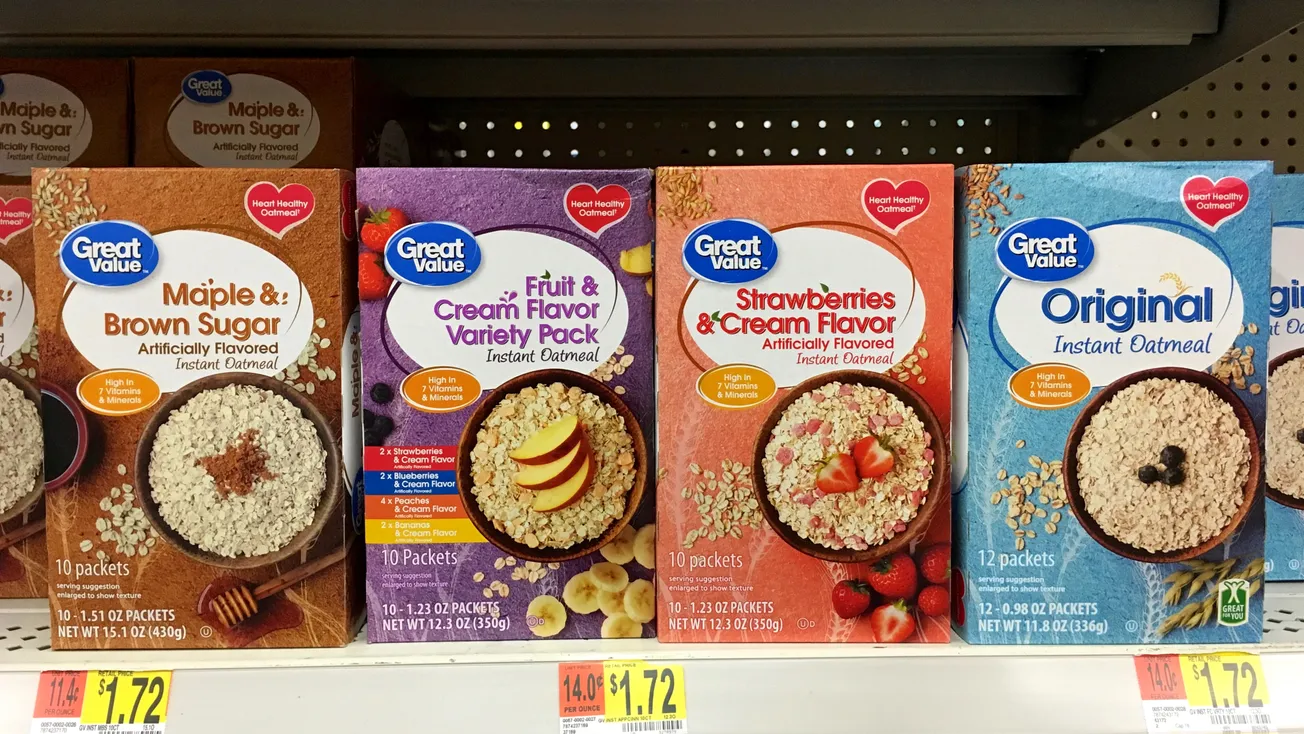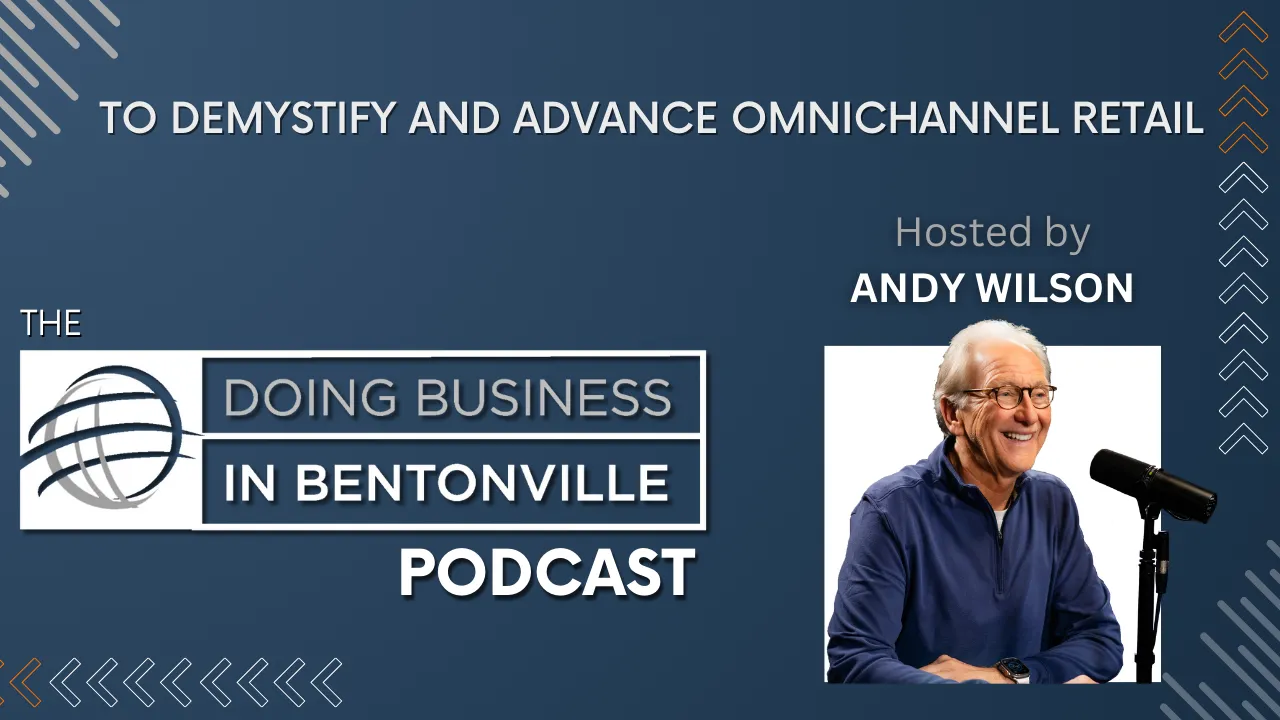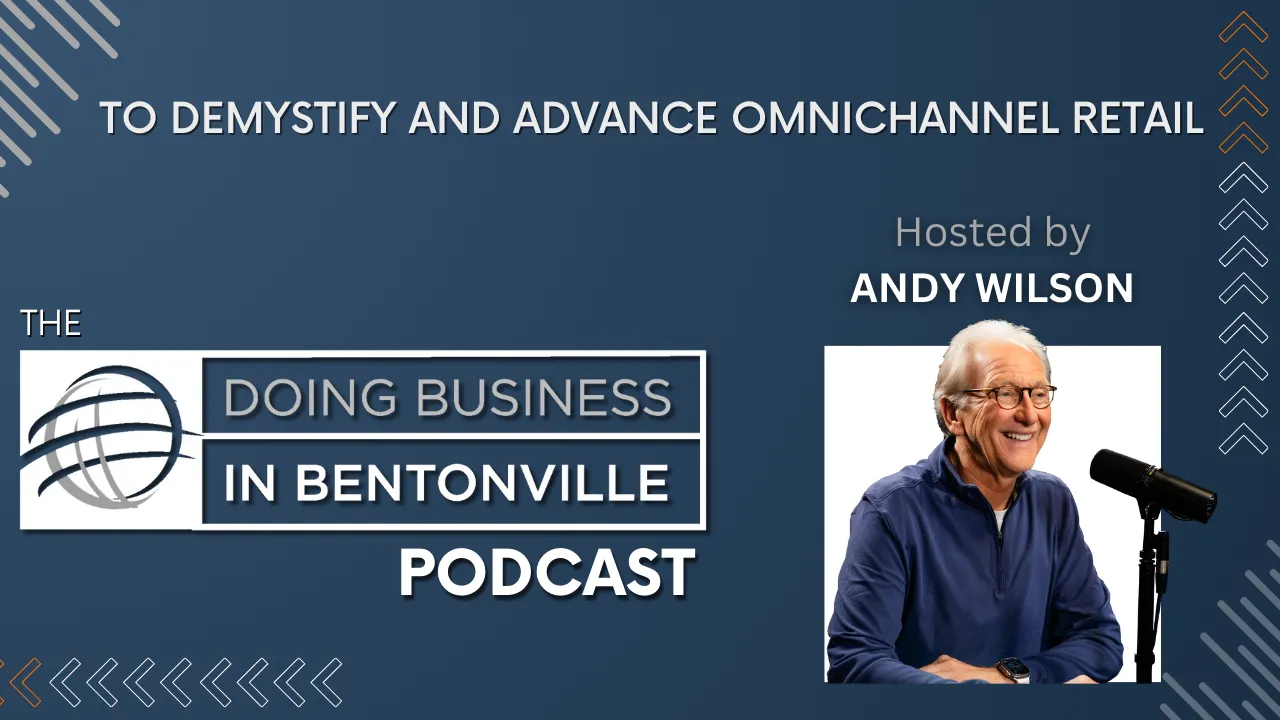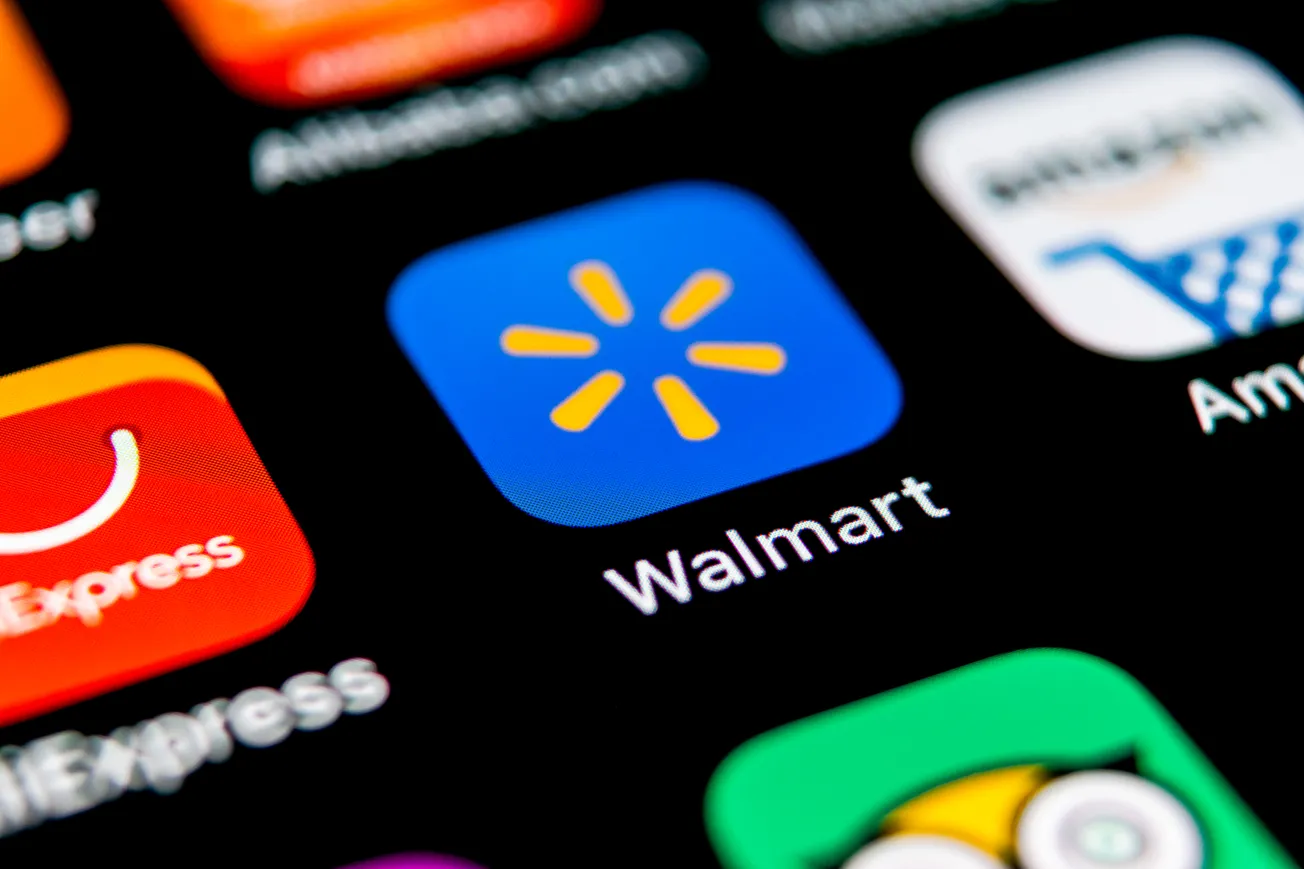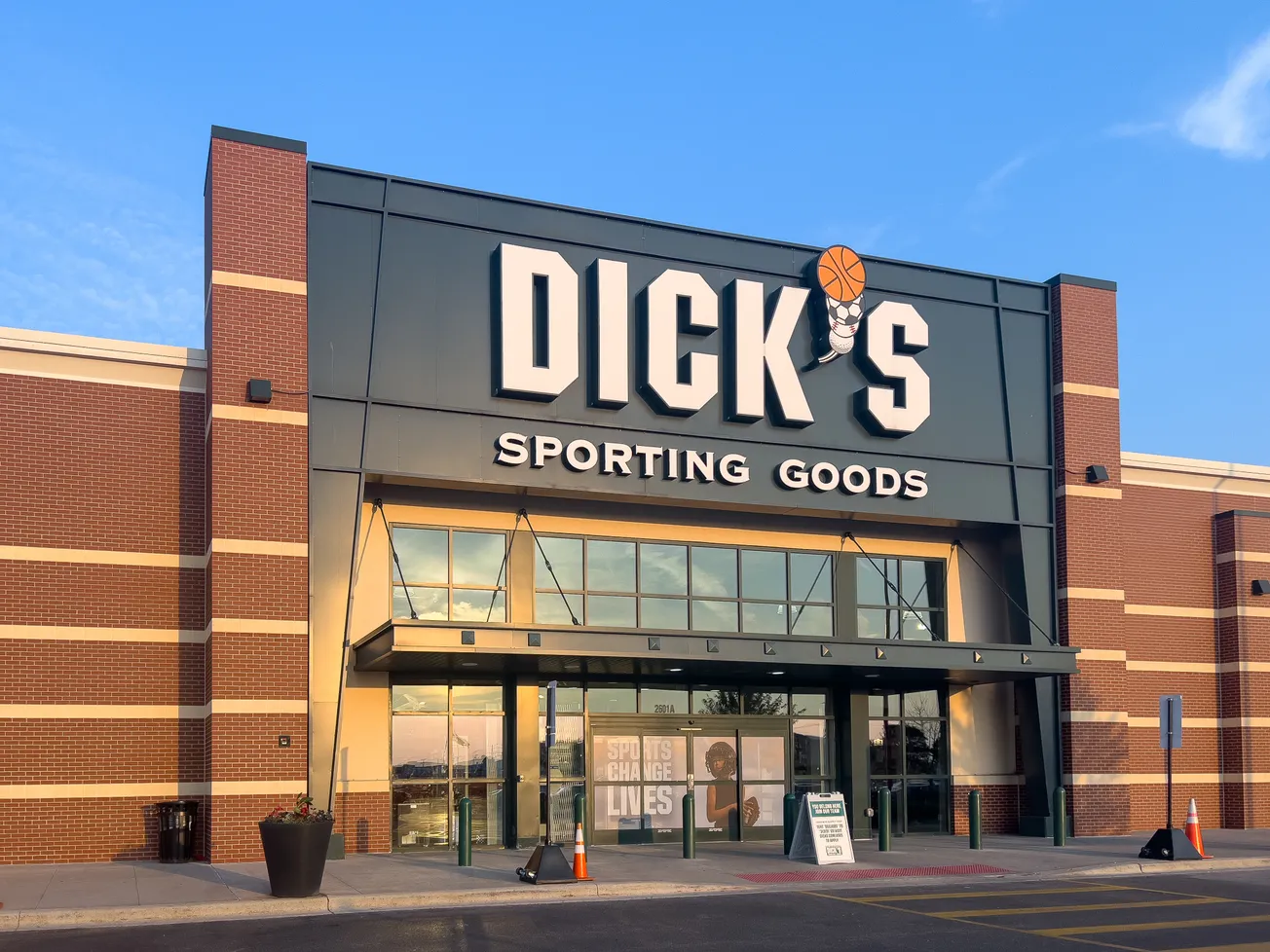For years, private label brands have enjoyed steady growth as cost-conscious consumers turned away from national brands in search of better value. Inflation, which initially drove even more shoppers toward store brands, is now squeezing private label manufacturers and retailers alike as consumers pull back on spending across the board.
TreeHouse Foods, one of the largest manufacturers of private-label groceries for major retailers such as Walmart, Whole Foods, and Target, has been hit particularly hard. The company, which produces cookies, crackers, coffee, and other staple foods, recently projected a 3.5% decline in net sales for the first quarter of the year.
As inflation continues to erode purchasing power, even the affordability of private label products has not been enough to prevent a slowdown in consumer demand. In response, TreeHouse is actively working with suppliers to cut costs and improve efficiencies while attempting to maintain its competitive pricing.
At the retail level, inflation has pushed companies to rethink their pricing and branding strategies.
Dollar General, which traditionally serves lower-income customers, has seen an uptick in overall sales as consumers seek cheaper alternatives. However, the company has warned that its core shoppers continue to struggle, leading to fewer visits per customer even as they spend more per trip.
The discount retailer expects ongoing financial strain on its customers, potentially impacting the performance of its private-label offerings, which have been a key differentiator in the ultra-competitive discount sector.
Even some of the world’s biggest consumer goods companies, including Unilever and Procter & Gamble, have reported declining market share as shoppers switch to cheaper, less-processed private label alternatives.
Inflation has driven a shift toward smaller, independent brands that offer lower prices and perceived health benefits. This trend presents a long-term challenge for legacy brands, which now face competition not only from private labels but also from newer, niche players entering the market.
Private Label Manufacturers Navigate a Changing Market
Inflation has reshaped the private label manufacturing landscape, impacting various companies and product categories differently.
J.M. Smucker, the owner of Jif peanut butter, has reduced its annual sales and profit forecasts as shoppers trade down to even cheaper alternatives. Although peanut butter has long been considered a staple product, persistent inflation has pushed budget-conscious consumers to explore other options, demonstrating that even historically “safe” private-label categories are not immune to economic pressures.
McBride, a major supplier of household cleaning products, has successfully leveraged inflation-driven demand for private labels to boost its earnings. The company reported strong half-year growth, particularly in aerosol cleaning products, as consumers sought budget-friendly alternatives to well-known national brands.
In the apparel sector, Bonds, an Australian underwear brand, has also found ways to weather inflationary pressures. Following a period of sluggish sales, Bonds has revitalized its business by offering value-pack underwear options.
This move has helped the brand regain traction among shoppers looking for everyday essentials at lower price points, illustrating that private labels can adapt to shifting consumer priorities even outside the grocery space.
The Role of Private Labels in Retailers’ Strategies
As inflation reshapes shopping behaviors, retailers are refining their private label strategies to maintain a competitive edge.
Target, which has long positioned itself as a retailer balancing affordability with quality, has struggled to maintain that identity in the current economic climate. Earnings fell short of expectations, and a 20% drop in stock value suggests that consumers may not view Target as a go-to option for budget-conscious shopping.
While Target has invested heavily in private label lines across home goods, clothing, and groceries, it faces stiff competition from Walmart and Costco, which are more firmly associated with value pricing.
Walmart, in particular, has expanded its private label offerings in response to inflation-driven demand. As the largest retailer in the U.S., Walmart has historically played a crucial role in shaping private label trends.
The company’s Great Value brand, which spans nearly every grocery category, has seen increased consumer adoption as shoppers move away from name brands. Beyond groceries, Walmart’s Equate (health and personal care), Mainstays (home goods), and George (apparel) brands have also become critical components of its strategy to attract budget-conscious consumers.
Unlike Target, which balances private labels with a strong selection of national brands, Walmart aggressively positions its store brands as direct substitutes. Recent reports suggest that Walmart is doubling down on this strategy, using its massive supply chain leverage to negotiate better terms with private label manufacturers.
By offering lower prices on in-house products without sacrificing quality, Walmart aims to capture price-sensitive shoppers who might otherwise turn to dollar stores or discount grocers.
Beyond Groceries: Private Labels Gain Ground in Other Categories
While private labels are most commonly associated with groceries, their influence has expanded into a variety of other product categories.
Amazon has been a key player in this shift, developing an extensive portfolio of private label brands across consumer electronics, home goods, and clothing. The Amazon Basics line, which includes everything from batteries to office supplies, has built a strong reputation for affordability and reliability. Meanwhile, other in-house brands such as Pinzon (textiles) and Solimo (kitchen and household goods) continue to challenge traditional national brands.
Similarly, Target has built a diverse private label ecosystem, spanning everything from fashion to furniture. Goodfellow & Co. (men’s clothing), Universal Thread (women’s denim and apparel), and Room Essentials (home goods) illustrate how private labels have evolved beyond mere cost-saving alternatives to become lifestyle brands in their own right.
However, Target’s struggle to define its value proposition amid rising inflation suggests that strong branding alone may not be enough—consumers are still prioritizing affordability over aesthetics.
The Historical Rise of Private Labels and Their Future Outlook
Private labels have gained market share steadily over the past few decades, benefiting from economic downturns and changing consumer preferences. The Great Recession of 2008-2009 was a pivotal moment, as budget-conscious shoppers turned to store brands in record numbers. Since then, retailers have invested heavily in improving product quality and branding, leading to sustained growth even in periods of economic stability.
Inflation has accelerated this trend, but it has also introduced new challenges. While private labels remain a key part of retailers' strategies, the recent slowdown in sales growth suggests that consumers may be reaching a breaking point. If inflation persists, shoppers could further cut back on discretionary spending, limiting the growth potential for private labels in certain categories.
For manufacturers, the path forward depends on cost management and strategic partnerships with retailers. Companies like TreeHouse Foods and McBride will need to navigate rising input costs while ensuring that their products remain competitively priced.
At the same time, retailers must balance aggressive pricing with brand loyalty initiatives to retain customers who may otherwise trade down to cheaper alternatives.
As inflation continues to shape shopping behaviors, the private label landscape is likely to remain in flux. While these brands have historically thrived during economic uncertainty, the next phase of growth will require retailers and manufacturers to adapt to increasingly complex consumer demands.
Whether through cost-saving innovations, expanded product offerings, or refined marketing strategies, private labels will continue to play a central role in the evolving retail environment.

